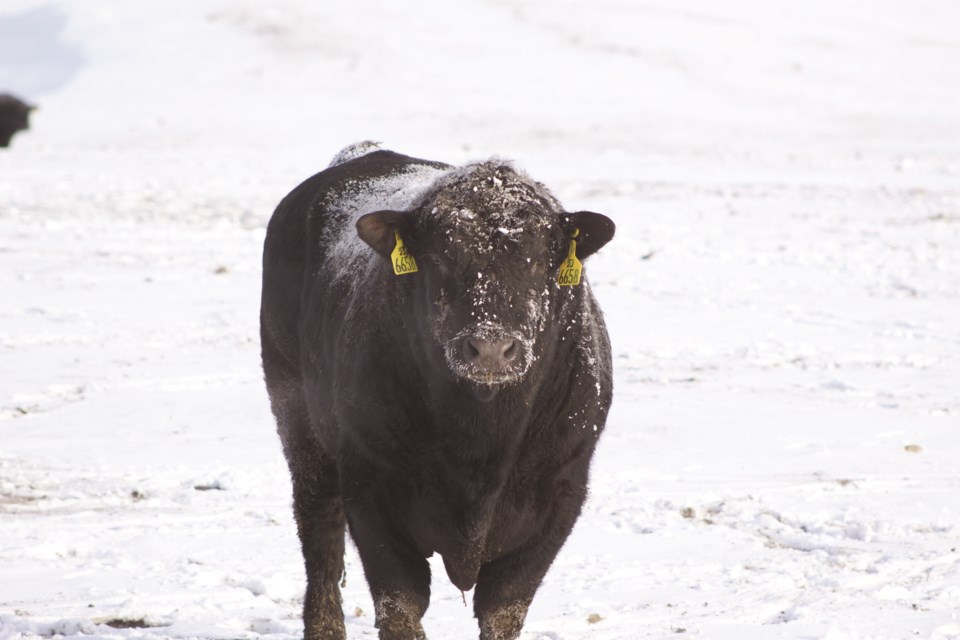In an effort to move the beef industry forward, Alberta Beef Producers (ABP) remains committed to encouraging research that will benefit ranchers.
“Research is really integral to our industry,” said Karin Schmid, ABP’s Research and Production manager. “Without it, you don’t get innovation, you don’t get development of new technologies or new best management practices.”
Research in beef production is important for a few reasons, she said. It helps improve the industry overall by taking better care of cattle and making producers more profitable, while also providing more insight into how exactly beef is produced.
“We know our industry is sustainable, we know it has some benefits that aren’t always captured by popular press, and providing some of that context around that with numbers, with hard data that is scientifically justified, helps us communicate those stories,” Schmid said.
There are several areas of focus for beef farming research, she said, including food safety, beef quality, feed efficiency, animal health and welfare, and foraging grassland productivity. When it comes to funding research, ABP strikes a balance between industry-wide questions – such as determining beef’s environmental footprint – and results that can be directly adopted on farms, she added.
“The bottom line is that we’re interested in anything that can help our industry move forward in terms of competitiveness, profitability and sustainability,” she said.
Examining beef’s environmental impact is vital to help address issues of public confidence, Schmid said. While the public may have concerns about beef’s negative environmental impact, she said research is helping to make the industry more sustainable while also providing context and data.
“Compared to 30 years ago, the same pound of beef is being produced with 29 per cent fewer cattle, 24 per cent less land, we’re using less feed, less fuel, we’re producing less manure, 15 per cent less greenhouse gas emissions [and] 17 per cent less water,” she said. “At the same time, we’re providing habitat for all sorts of plants and animals and pollinators, we’re preventing land use changes that release carbon into the atmosphere and we’re turning forage that people can’t eat into nutrient-dense protein.”
ABP has also been involved in partially funding the development of new forage varieties, improving feed efficiency and creating better antimicrobial treatments, which producers can apply directly within their operations.
“We really have to try and fund bits and pieces in all of the big priority areas, because beef production is a system, and all of those areas are really important,” Schmid said.
Currently ABP is involved in research projects looking at non-antibiotic treatments for bovine respiratory disease, and exploring grazing strategies to optimize forage and reducing the impact of ergot – a plant disease that can be detrimental to cattle health.
More specific information on various research projects can be found at albertabeef.org/producers/industry-research
Schmid added industry and government funding for research is tight and animal research is expensive, making co-operation key.
“It’s really important to emphasize that we can’t do this alone,” she said. “We need the partnerships with our academic institutions, we need our partnerships with government.”


